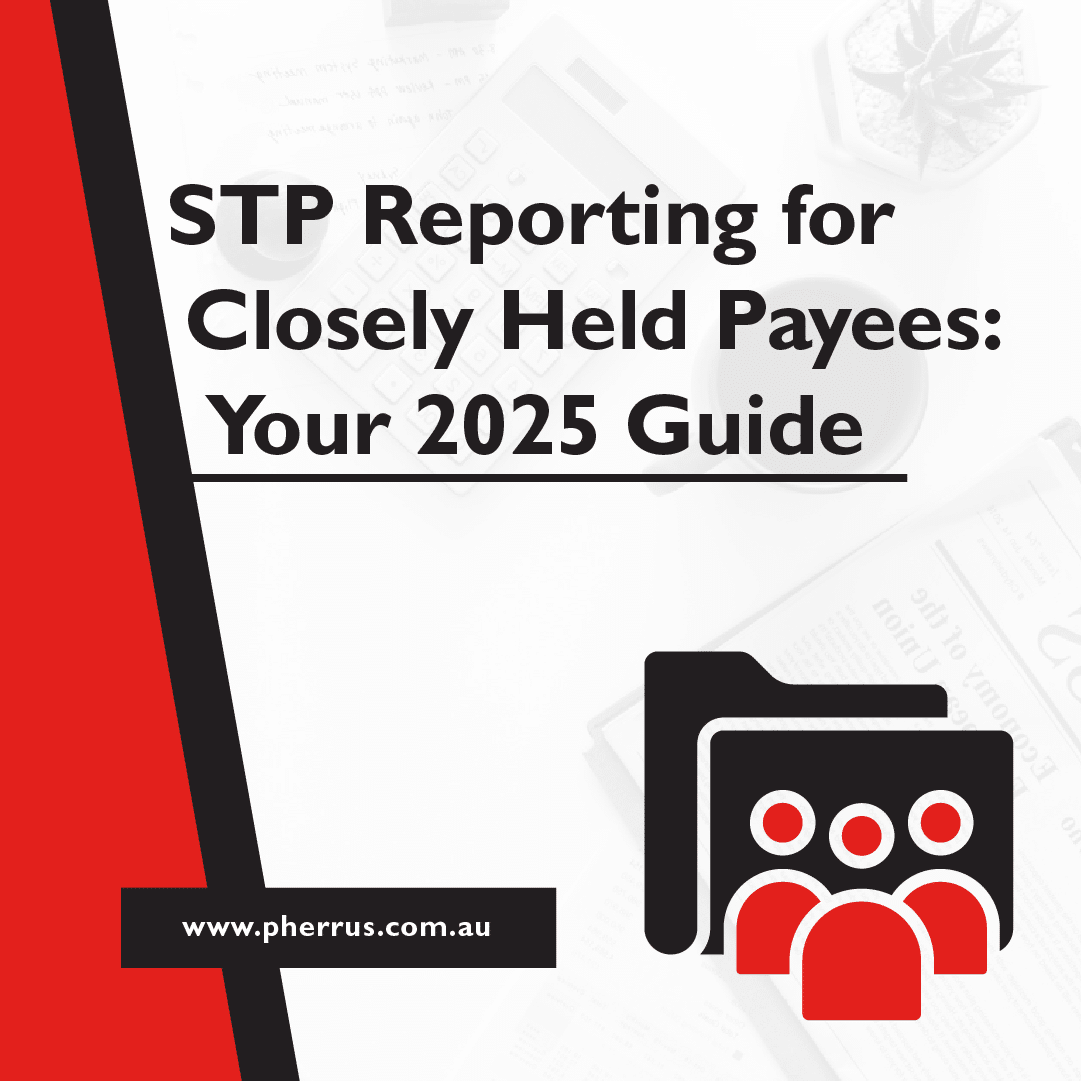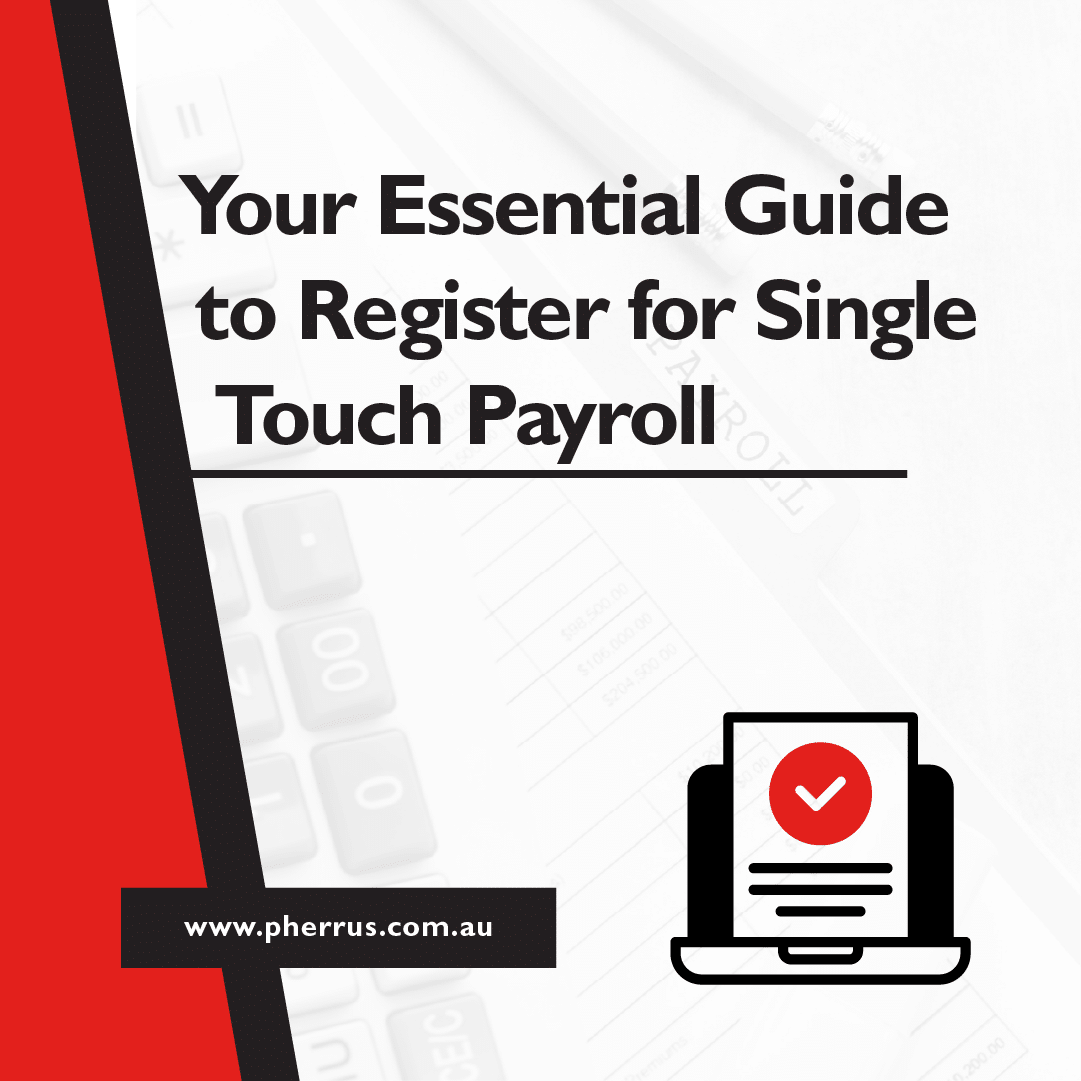The Taxable payments annual report (TPAR) gives the ATO valuable information about payments made to contractors for providing services. The ATO uses these reports to identify and follow-up with contractors that haven’t met their tax obligations.
Do I need to lodge a TPAR?
A whole variety of businesses and entities are required to lodge a TPAR before August 28 each year.
If you are a business that provides one of the following services, you may need to lodge a TPAR:
- Cleaning services
- Building and construction services
- Courier services
- Information technology (IT) services
- Security, investigation, and surveillance services
Government entities are also required to complete and submit a TPAR.
My business provides a mix of services – do I need to lodge a TPAR?
If your business provides one or more of the services listed above, you may have to lodge a TPAR. This includes businesses in which the relevant services make up just a portion of their overall offerings.
Examples of businesses that provide mixed services include the following:
- Florists
- Retailers
- Event management
- Building maintenance
If the total payments you have received from relevant services are 10 per cent or more of your GST turnover, you must lodge a TPAR. Remember, even if you aren’t registered for GST, you still have a GST turnover.
What does the TPAR include?
In short, Taxable payments annual reportstell the ATO about payments made to contractors for providing services. They can then cross-check this information to identify any contractors that aren’t fulfilling their taxation obligations.
As a quick note, contractors can include consultants, subcontractors, and independent contractors operating as sole traders, companies, trusts, or partnerships.
When you lodge a TPAR, you’ll need to include some basic information, which can typically be found on the invoice the contractor sent to you. This may include:
- Their full name
- Their address
- Their Australian Business Number (ABN)
- The gross amount you paid to them during the financial year, including GST
How do I lodge a TPAR?
If you are required to lodge a TPAR, you must do so by August 28 each year. If you fail to lodge your TPAR by the due date, penalties may apply.
Businesses can lodge their TPAR one of two ways: online or via a paper form. You can visit the ATO’s website or ask your trusted tax professional for guidance on how to get started.
If you’re a government entity, your TPAR must be lodged online.
Tax professionals must also lodge their clients’ TPARs via the online portal.
Still not sure?
If you are not sure whether or not your business is required to lodge a TPAR, or you’d like professional guidance on lodging your TPAR, get in touch. Our experienced team of tax experts will ensure you are meeting all of your obligations and responsibilities.
Get in touch on (02) 8883 3352 or visit our contact page. We’ll get back to you as soon as possible.




